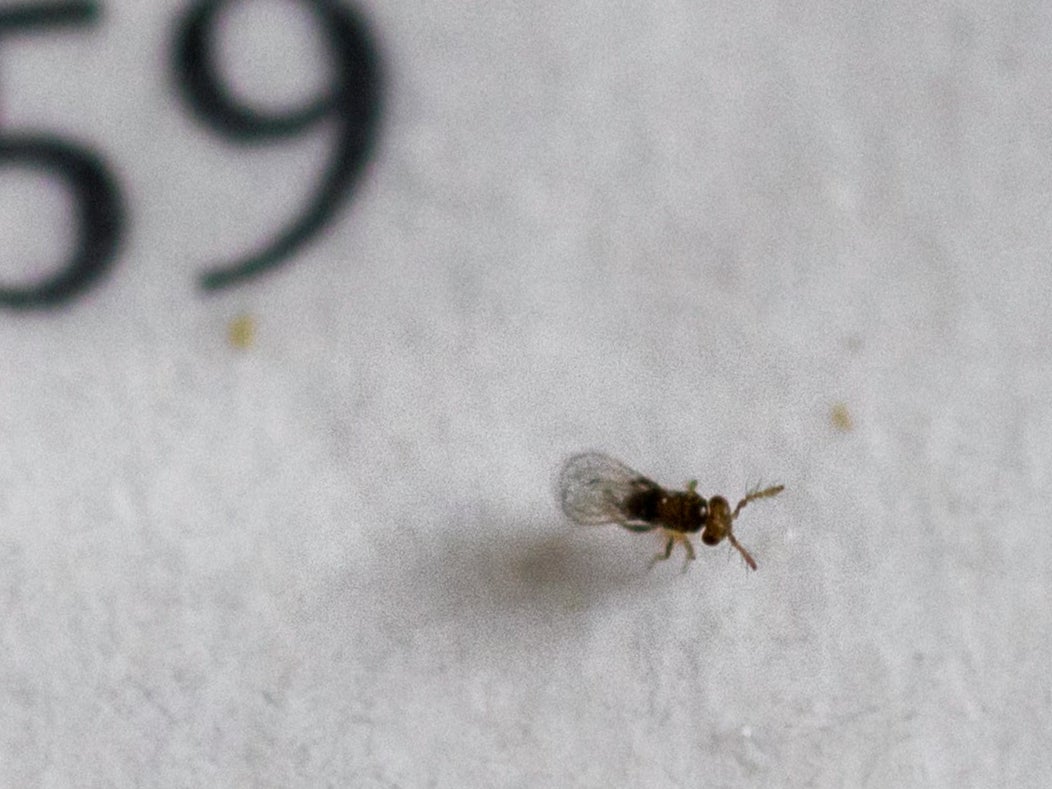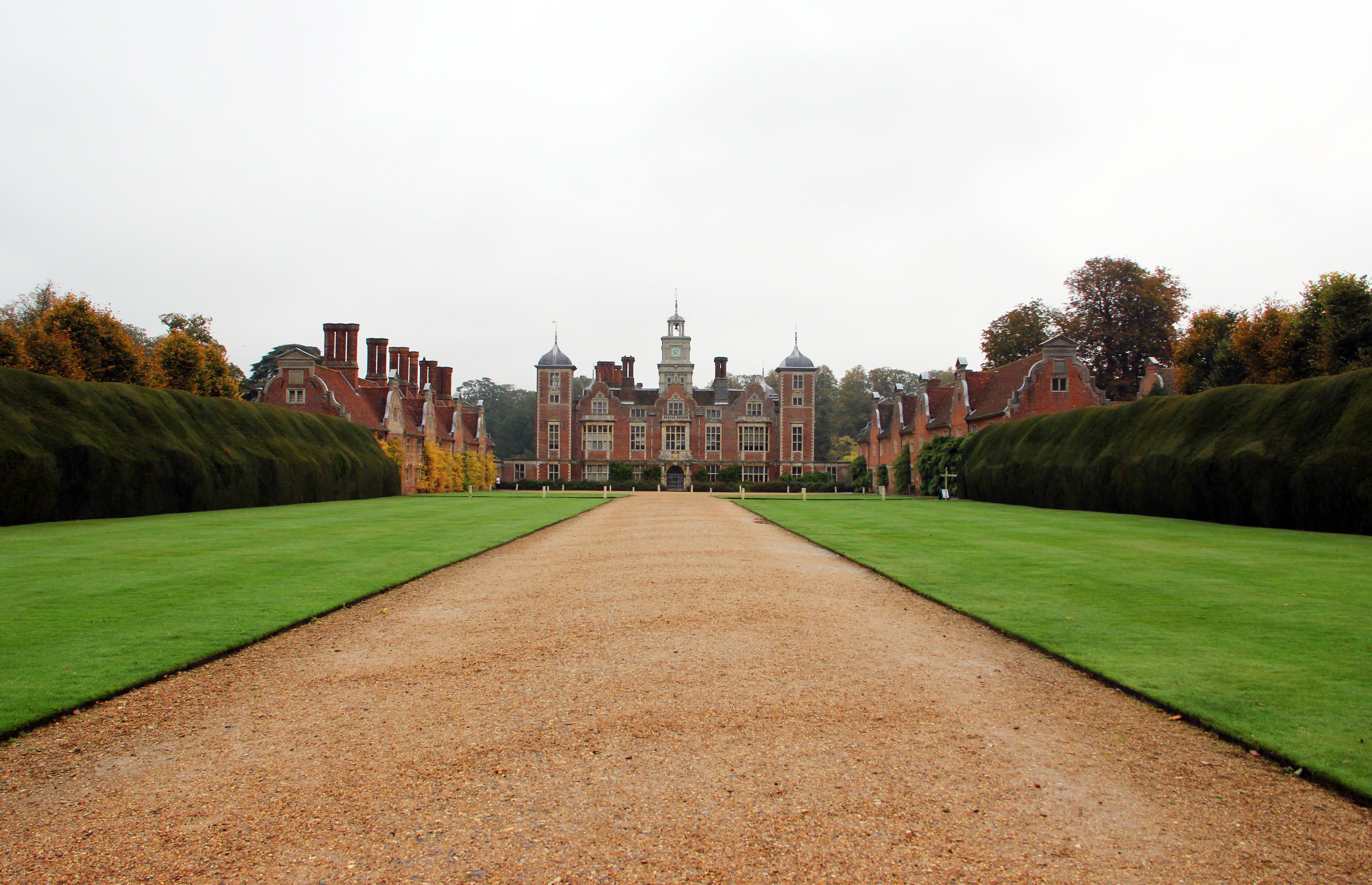National Trust to deploy tiny wasps to stop moths destroying rare treasures at heritage sites
Conservation charity says pests and moulds thrived during last year’s lockdown, writes Conrad Duncan

The National Trust is pioneering a new approach to controlling clothes moths, using tiny wasps as part of its efforts to save rare treasures, such as a tapestry from Catherine the Great.
In what is thought to be a first-of-its-kind trial, staff at Blickling Hall, Norfolk, will deploy tiny parasitic wasps and chemical pheromones to try to prevent the moths from causing serious damage to carpets, furniture, clothing and other wool and silk objects.
Results from the conservation charity’s latest annual pest survey at historic properties showed that pests and moulds thrived with less disturbance from visitors and staff during the coronavirus lockdown.
The Trust said that common clothes moths had been hard to control at Blickling Hall, thought to be the birthplace of Anne Boleyn, despite “vigilant housekeeping” and other measures to manage the problem.
The trial will deploy Trichogramma evanescens, a 0.5mm-long wasp that is barely visible to the human eye, which searches out moth eggs and lays its own eggs inside so that a wasp rather than a moth larva hatches out.
Pheromone tabs that spread female moth chemicals to confuse the males and reduce their chance of mating will be used alongside the wasps, which are not harmful to humans or other animals and die naturally once their eggs are laid.
“We are really hoping this pioneering approach will provide a practical and sustainable method that any of our properties can use to deal with serious infestations,” Hilary Jarvis, assistant national conservator at the National Trust, said.
“Although these are rare, they can sometimes prove immune to our usual, more gentle approaches, with potentially serious results.”
The treasures kept at Blickling Hall include the Peter The Great tapestry, given by Russia’s Catherine the Great to the property’s owner in the 1760s, and a state bed with the most complete 18th century examples of a canopy and headcloth.

Staff at the hall will also keep up their existing regime, which includes maintaining low humidity, daily and rigorous vacuuming of the visitor route, deep cleans of all rooms once a year and monitoring, to get the pests under control.
Analysis by the National Trust found that insect numbers rose 11 per cent in 2020 compared to 2019, with many stately homes reporting mould outbreaks due to a lack of activity to drive airflow in lockdown.
“There’s no doubt lockdown suited our resident bugs,” Ms Jarvis said.
“The relative quiet, darkness and absence of disruption from visitors and staff provided perfect conditions for larvae and adults alike from March onwards.”
She added that the results from the Blickling trial would not be clear until at least autumn, when the main breeding season for the moths will have passed.
David Loughlin, owner of Historyonics, the company supplying the wasps and pheromones to the Trust, said the trial reflected a trend towards using biological techniques to manage pests in other settings.
“There has been a global move to adopt biological techniques to manage pests of food crops, so this is a natural development to adopt similar tools to manage the pests threatening our valuable national heritage,” Mr Loughlin said.
The Trust hopes to present the trial at the Pest Odyssey virtual conference in September, which advocates for sustainable pest management in cultural heritage institutions.
Join our commenting forum
Join thought-provoking conversations, follow other Independent readers and see their replies
Comments



Bookmark popover
Removed from bookmarks